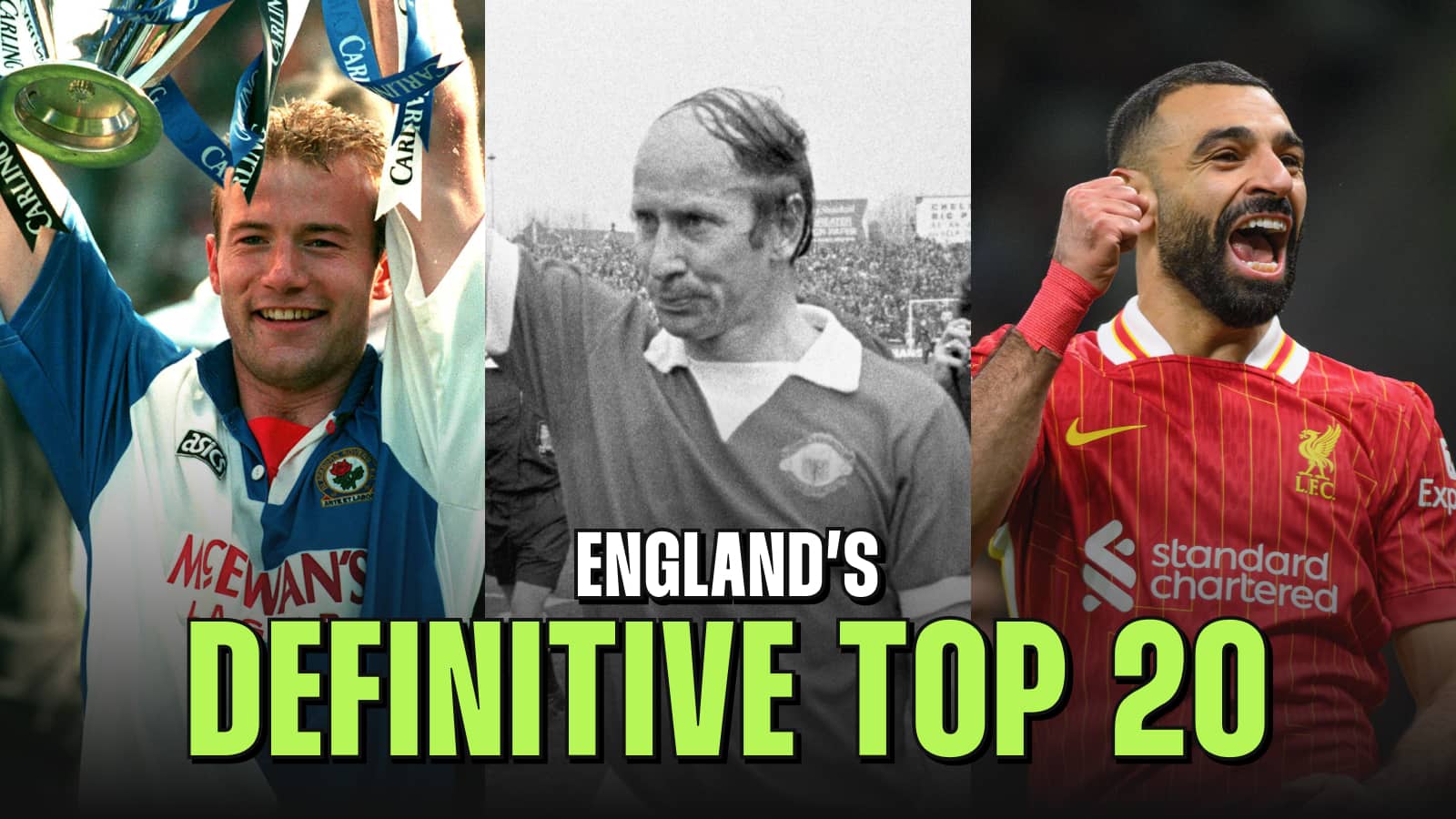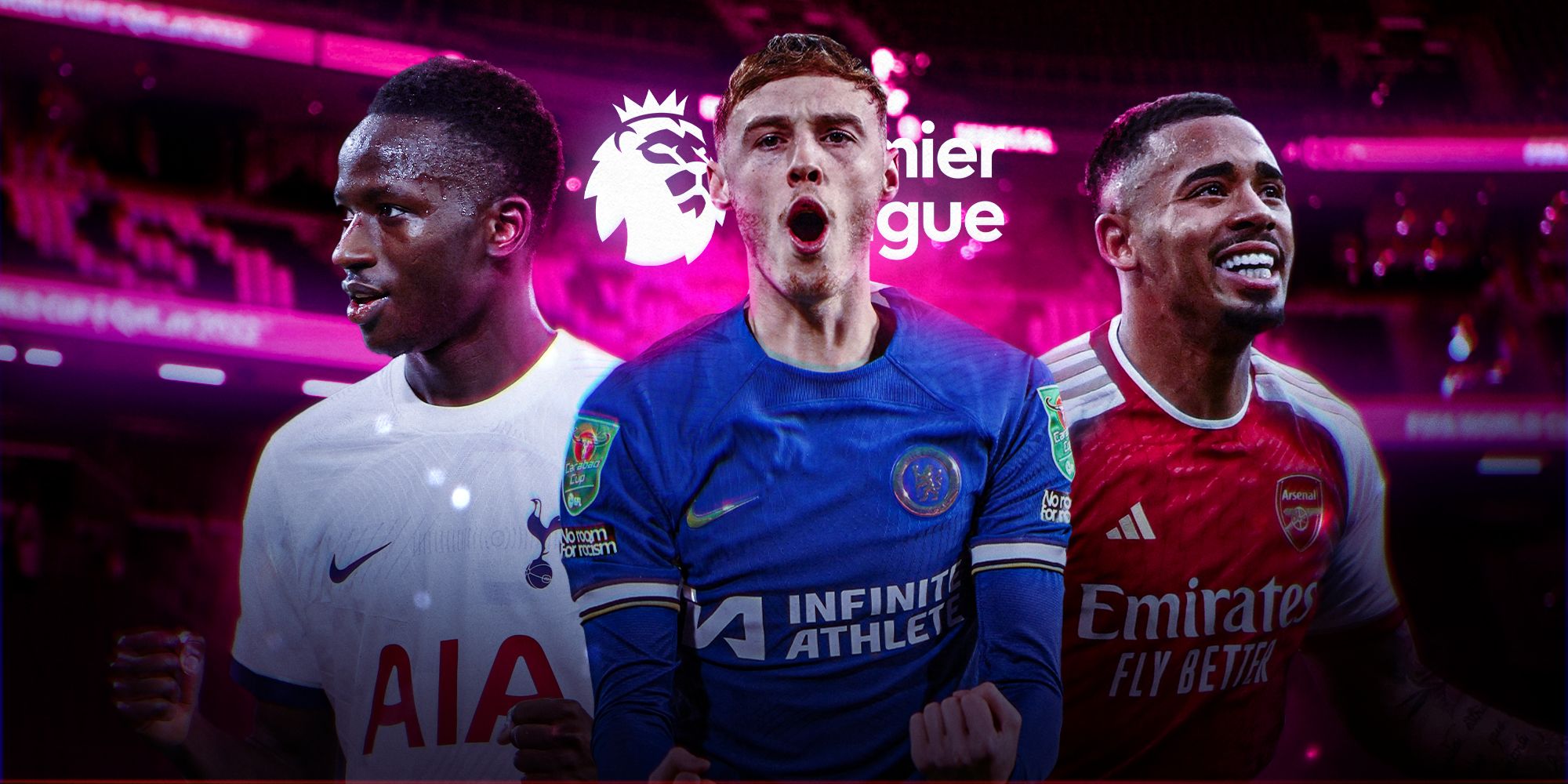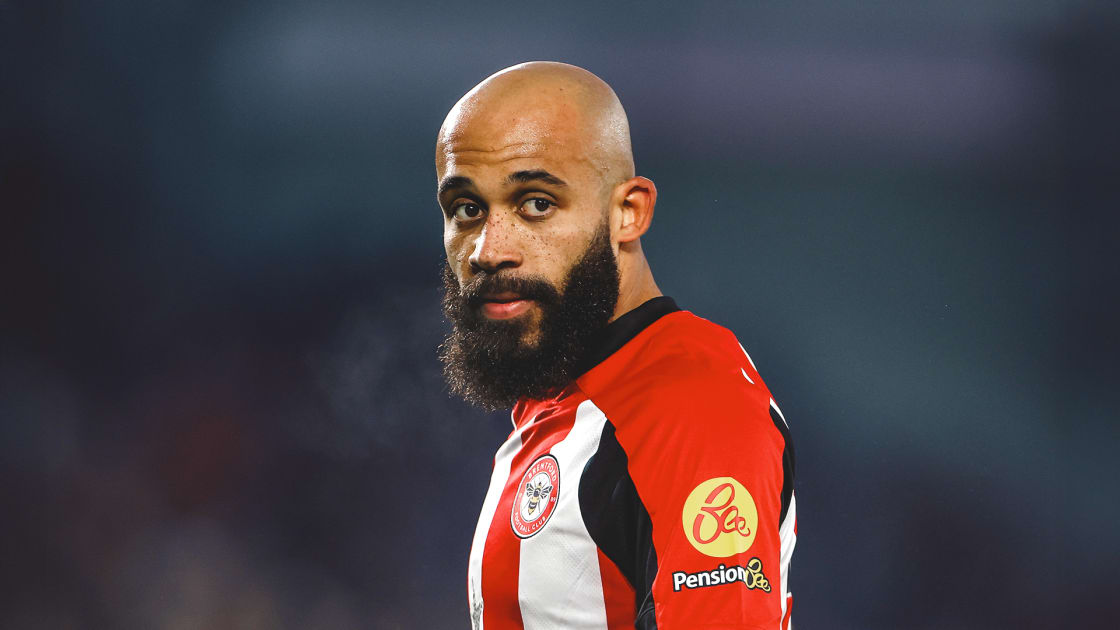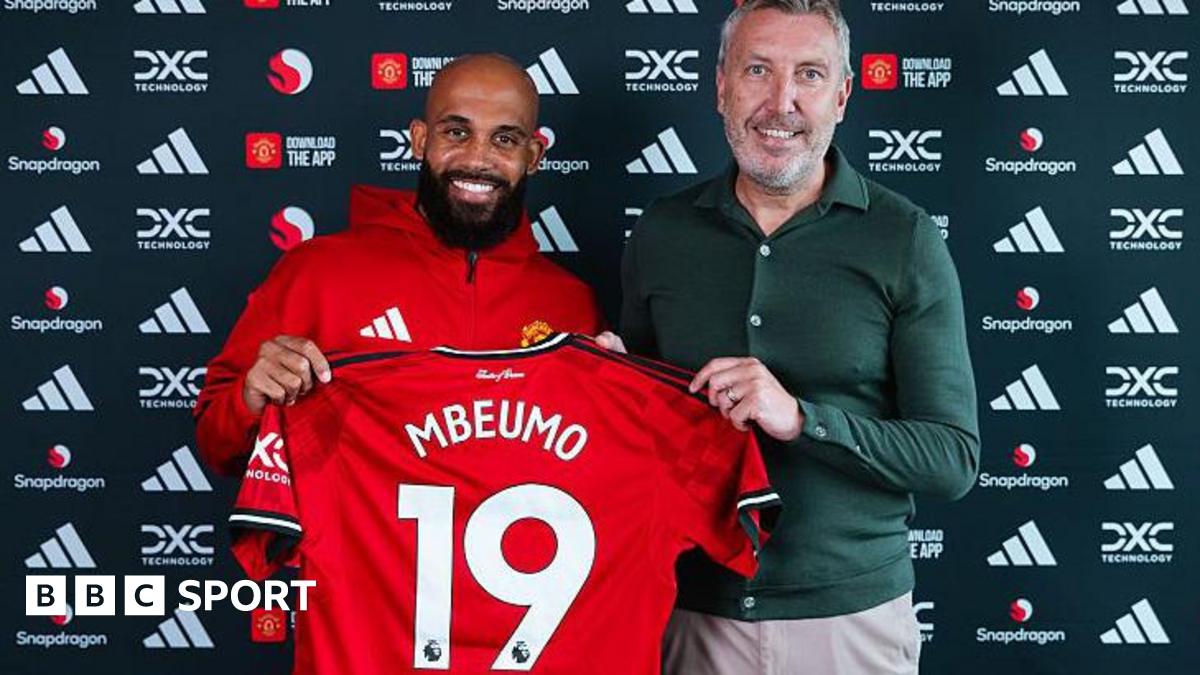T4K3.news
New algorithm ranks England's biggest football clubs
A new statistical system ranks English football clubs based on historical performance, silverware, and attendance.

A groundbreaking algorithm ranks the biggest clubs in English football history.
Ranking England's biggest football clubs using science
An innovative ranking system has emerged to settle age-old debates about which football clubs in England are the largest. The algorithm considers three main criteria: historical performance, silverware won, and average attendance. This approach attempts to give a fair representation of clubs, highlighting both their past and present successes. For example, Manchester United and Liverpool are central figures in this study, reflecting their storied histories and current standings. The top twenty clubs include historical giants and modern powerhouses, demonstrating the diverse landscape of English football today.
Key Takeaways
"This ranking system settles debates about which clubs are the largest."
This reflects its purpose of resolving longstanding football discussions.
"Clubs are now being evaluated through a data-driven lens."
This signifies a shift in how success and prestige are defined in football.
This new scientific ranking of clubs highlights the ongoing evolution of football and its followers' expectations. The criteria used in this algorithm might stimulate further discussions about football's valuation metrics. While many fans may champion their favorite clubs through emotional arguments, this approach introduces a data-driven lens that could reshape future conversations around club prestige and legacy. Teams like Blackburn Rovers show how consistent average attendance might impact a club's ranking, igniting debates about fan engagement and loyalty. As clubs strive for success, the pressure to perform on and off the pitch will likely intensify, influencing not just match results but also investment strategies and fan relationships.
Highlights
- This ranking uses science to redefine football's history.
- Manchester United continues to lead, but what does that mean today?
- Engagement matters as much as performance in club rankings.
- Data is reshaping the conversation around club prestige.
Potential backlash against club rankings
The new ranking system might provoke criticism from fans who fiercely defend their clubs' legacies. Emotional attachments to clubs can lead to disputes over the algorithm's validity.
As fan engagement continues to grow, how clubs respond to this data will shape the future of English football.
Enjoyed this? Let your friends know!
Related News

Top London Football Clubs Ranked in 2025

Marcus Rashford joins Barcelona from Manchester United

Tottenham Moves On to New Transfer Targets

Record numbers of girls join football clubs

Women's EURO 2025 Financials Revealed

HALO becomes Ipswich Town's shirt sponsor

Bryan Mbeumo joins Manchester United in record transfer

Celtic targets young defender from Manchester City
